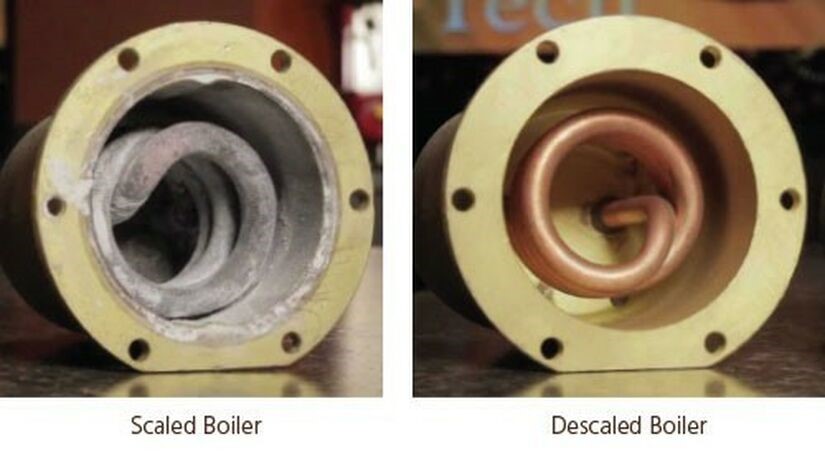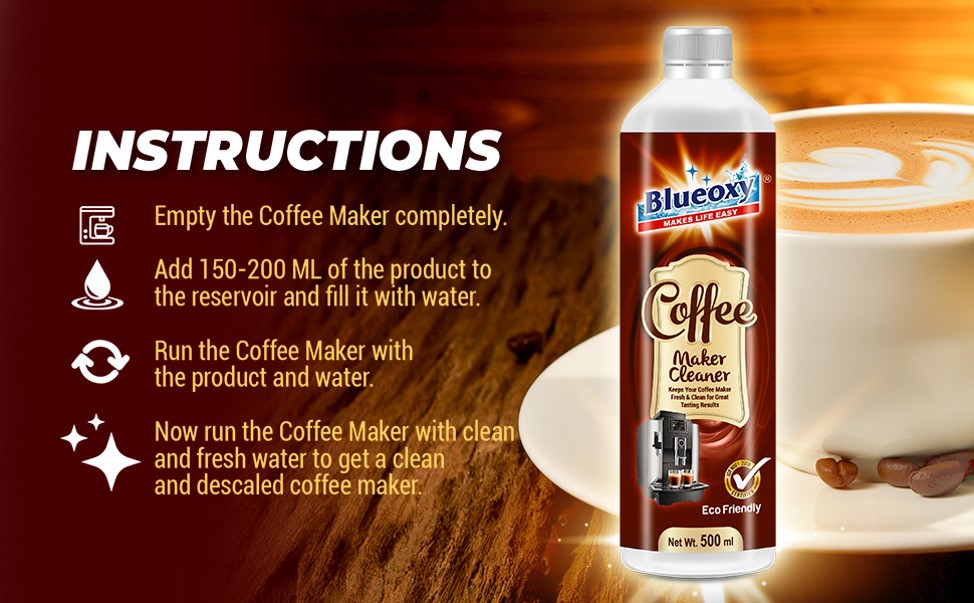Water is an intricate substance with the remarkable ability to be a universal solvent, able to dissolve virtually anything over some time. As it moves through reservoirs, lakes, and other bodies of water, molecules from that it interacts are gathered, and thus, most water contains some level of dissolved minerals and compounds.
Additionally, water serves as a base for all coffee drinks, with espresso comprising 95% and drip coffee containing over 98% water. With the application of heat and pressure, water relinquishes some of that which it has obtained.
What is the topic of discussion?
Don’t worry if you’re new to learning about scale – even coffee experts needed clarification at one point. Andrew Bettis, Education and Development Manager for Rancilio North America, said, “I had no clue what scale was until recently.
I assumed it was just coffee buildup inside the machine, which isn’t the case; espresso machines have systems to prevent that.” Scale is caused by limestone buildup in your coffee brewer. When water moves through bedrock as groundwater, the scale can start to form.
Now is the ideal moment.
According to Melissa Vaiden, a coffee technician for Counter Culture Coffee in New York City, it can take time to tell when to descale your machine. She says that usually, there are a few signs that you can look out for. From her experience, scale builds up faster on espresso machines than on coffee brewers or kettles.
It’s also challenging to know if there is scaling because it’s such a tedious job to open up the boiler. Nevertheless, espresso machines still need regular descaling.
Observe the water closely.
Bettis emphasizes that scale encompasses more than many people realize. “Water usually falls into two categories: soft or hard,” he explains. “To put it in a metaphor, water is like a toxic relationship – either with many underlying issues or wanting to take up much energy.” According to Bettis, hard water has many total dissolved solids.
What are the potential consequences of not descaling your equipment?
Softened or distilled water with no suspended solids would be preferable for a coffee brewer to avoid limescale build-up. However, according to Bettis, it is more beneficial to use slightly harder water as it is easier to descale the machine than to repair corroded components.
He also notes that water can either leave behind deposits when it evaporates (as in the case of hard water leaving limescale) or take away substances. To avoid corrosion, it is essential to ensure that water contains some dissolved solids.





